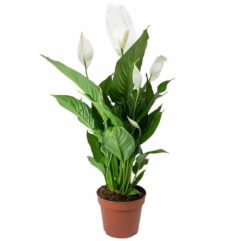How to Plant and Care for Mogra or Jasmine Plant Mogra plant is dwarf growing shrub with almost stalkless leaves and wavy margins. The plant can be grown as a short climber too. The heavy scented white flowers are borne in clusters of 3 to 12 and may be single, semi-double or perfectly double. The plant flowers mainly in the summer and rainy seasons, but several other flushes during other parts of the year are quite common. Rest Period for Blooms Outdoor jasmine with no blooms can be covered with a dark, lightweight landscape covering, or even a sheet, but be sure to remove it when the sun comes up. The jasmine with no blooms will still need light during the day. Water the non blooming jasmine on a limited basis during this rest period. Withhold fertilization for the four to five week period. Keep temperatures at 40-50 F. (4-10 C.) during the resting time for the jasmine flowers that are not blooming. Gardening Practices for Mogra Plant Watering: Moderate Watering is good for Mogra plant. It is essential in the flowering season. Mogra cannot withstand water logging and plants will be killed in the waterlogged soil in no time. Watering is stopped during November to enable the plants to rest. Defoliation: Once the watering is stopped, the plants shed the leaves. If it does not happen, all the leaves on the plant should be removed by hand. Pruning: Defoliation is followed by a light pruning of stems. Branches are pruned one-third of their length. If than at the right time it will encourage more and bigger blooms. Manuring: Plenty of well-rotted farmyard manure is added to the potting soil after pruning a plant, along with NPK fertilizers. Resumption of Watering: After application of manures, irrigation should commence slowly, and the frequency of watering is increased after the appearance of flower buds. Pests and Diseases Jasmines are tropical plants, one of the most common issues related to them is rust and blight. These two conditions cause damage to the leaves; it can affect the coloration of the foliage, make the leaves wilt, and it can even pass to younger stems or cutting offspring that is taken from the mature plant. Getting Rid of Diseases The best way to get rid of most pests that can affect your Jasmine plants is to create a soapy solution that you can apply to the leaves of the plant. If you know what the pest is, then you can target it specifically with an insecticide spray. Harvesting Mogra flowers The plant begins to flower second year onwards after planting. The flowers are harvested in bud stage either in the evening or early in the morning by handpicking. Flower buds are used for garland making, adorning hair, worshipping, decoration, and extraction of perfume. Article Sources:https://www.gardeningknowhow.com/ornamental/flowers/jasmine/non-flowering-jasmine.htm
-
 test productSale!
test productSale!Rs.10.00Rs.1.00 -
 Spathiphyllum or spath or peace lilies Live PlantSale!
Spathiphyllum or spath or peace lilies Live PlantSale!Rs.1,000.00Rs.850.00 -
 Thai all season grafted mango plant for pot and gardenSale!
Thai all season grafted mango plant for pot and gardenSale!Rs.2,250.00Rs.1,750.00
